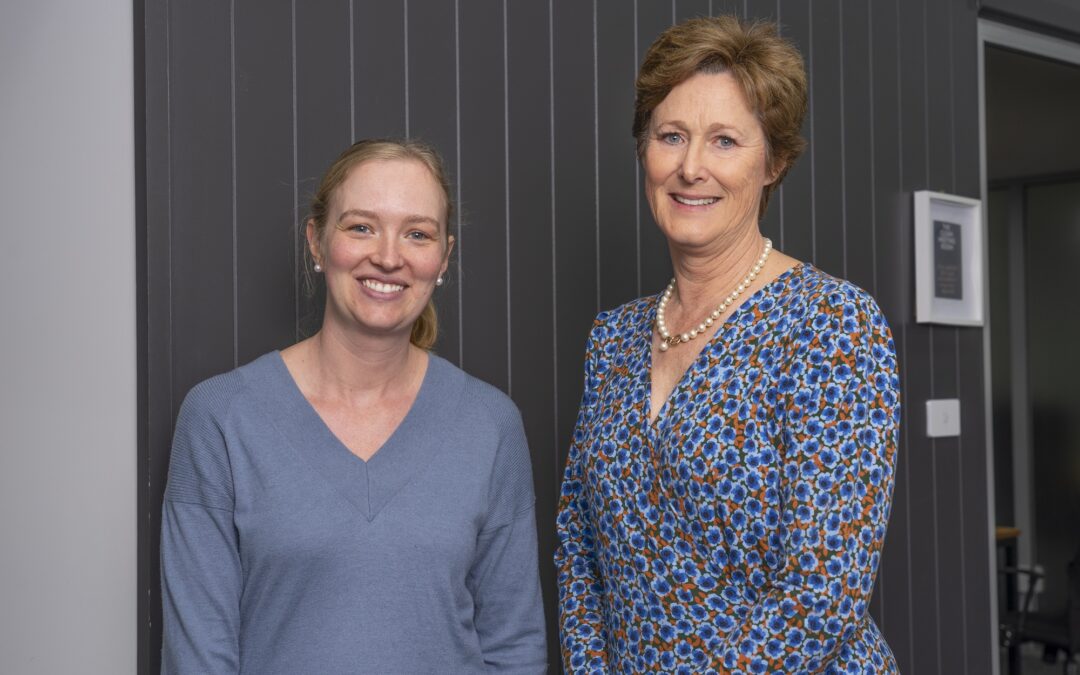From January 1 2017 the following changes will take place:
- The lower assets test threshold will increase, resulting in approximately 170,000 people receiving an increase in their age pension.
- The upper assets test threshold will be reduced, resulting in approximately 135,000 experiencing a reduction in age pension and a further 91,000 losing entitlement altogether.
- The assets test taper rate (rate at which pension is lost) will increase from $1.50pf per $1,000 of assets over the lower limit to $3pf per $1,000 of assets.
| Lower threshold (old) | Lower threshold (new) | Upper threshold (old) | Upper threshold (new) | |
| Single – homeowner | $202,500 | $250,000 | $779,000 | $547,000 |
| Single non-homeowner | $354,500 | $450,000 | $928,000 | $747,000 |
| Couple – homeowner | $291,500 | $375,000 | $1,156,500 | $823,000 |
| Couple – non-homeowner | $440,500 | $575,000 | $1,305,500 | $1,023,000 |
The Winners
| Level of financial investments that results in largest increase | Largest age pension increase, pa | |
| Single homeowner | $275,000 | $712 |
| Single non-homeowner | $530,000 | $605 |
| Couple homeowner | $405,000 | $2,087 |
| Couple non-homeowner | $655,000 | $2,070 |
The Losers
| Level of financial investments that results in largest increase | Largest age pension increase, pa | |
| Single homeowner | $547,000 | $9,848 |
| Single non-homeowner | $747,000 | $7,859 |
| Couple homeowner | $823,000 | $14,195 |
| Couple non-homeowner | $1,023,000 | $12,206 |
Things to consider
- Those losing age pension entitlement, will automatically be issued with a Commonwealth Seniors Health Care Card (CSHCC) or Health Care Card (HCC).
- Pensioners who are overseas at 1 Jan 2017 must return within 19 weeks of leaving Australia in order to be automatically be issued with a CSHCC or HCC.
- Pensioners who lose entitlement to age pension on 1 Jan 2017 will also lose entitlement to grandfathering of any account based super pensions that they hold, which will then be deemed for the purpose of the income test.
Pre-retirees may have to delay retirement in order to accumulate additional savings, whereas retirees may need to review their required income and rate of drawdown from their assets.
If you think these changes may affect you and would like further information, talk to your Roberts & Morrow Financial Planning adviser. They can give you more detailed information on the best approach for your situation
General Advice Warning: The advice provided is general advice only as, in preparing it we did not take into account your investment objectives, financial situation or particular needs. Before making an investment decision on the basis of this advice, you should also consider the relevant Product Disclosure Statement before making any decision relating to a financial product.



